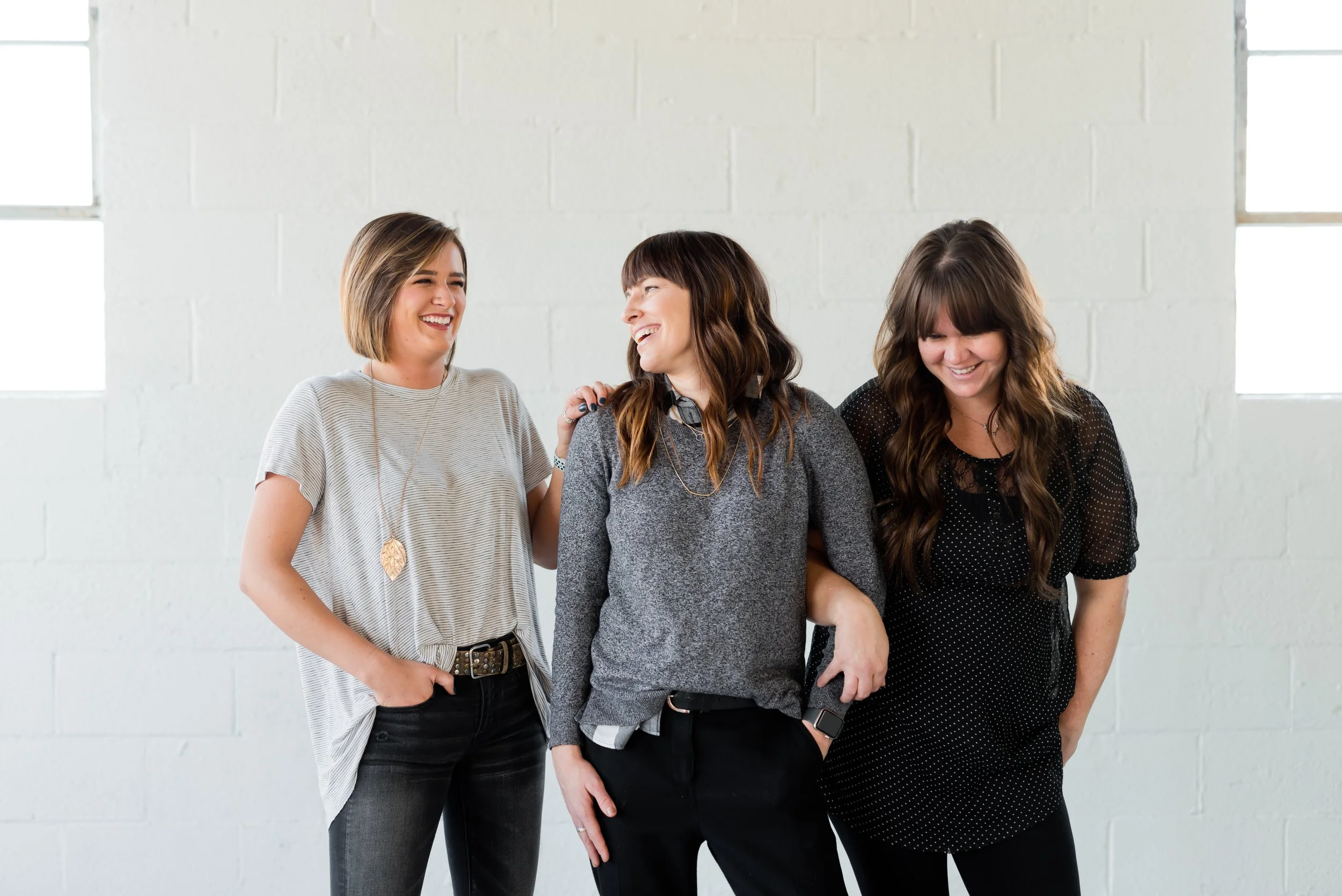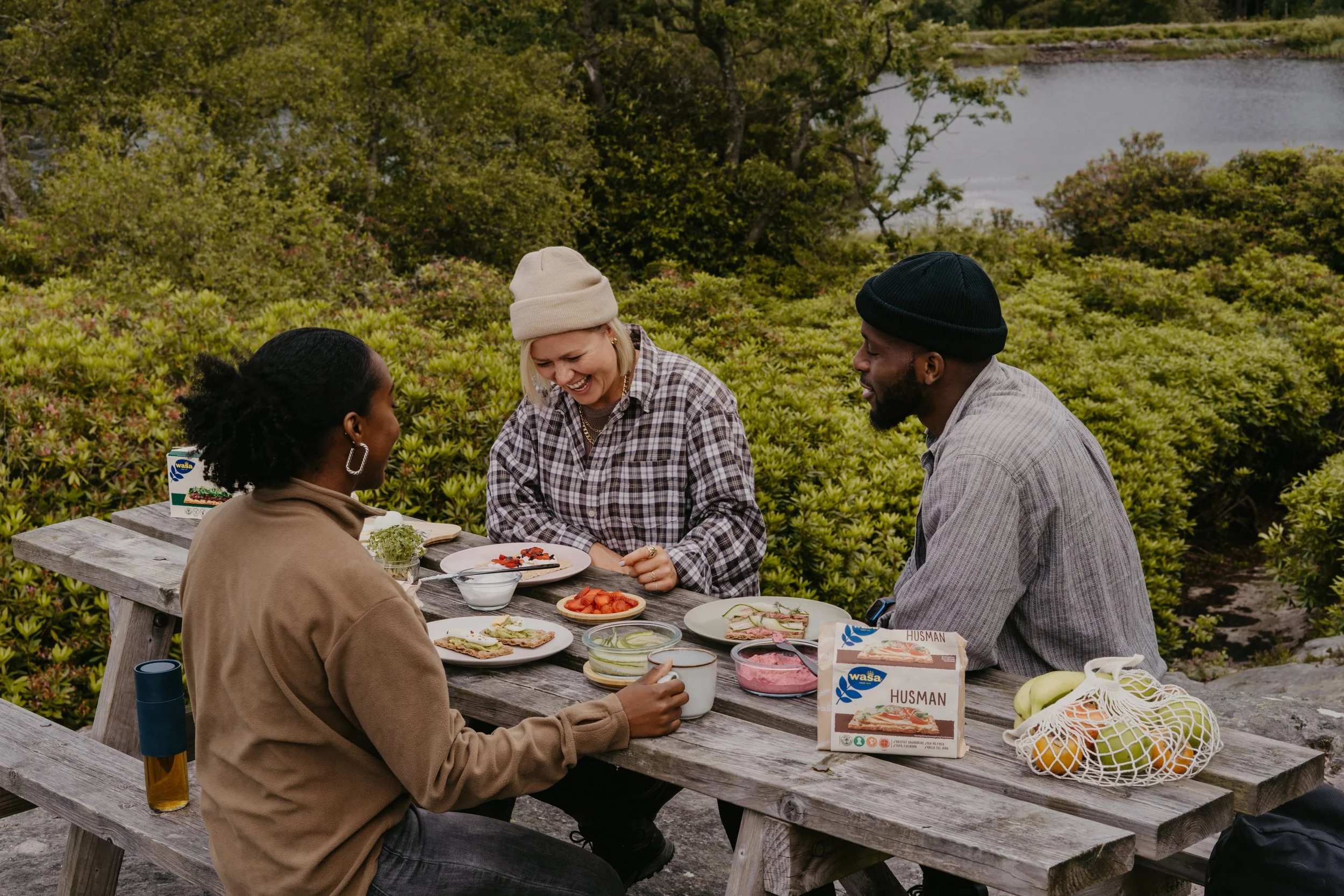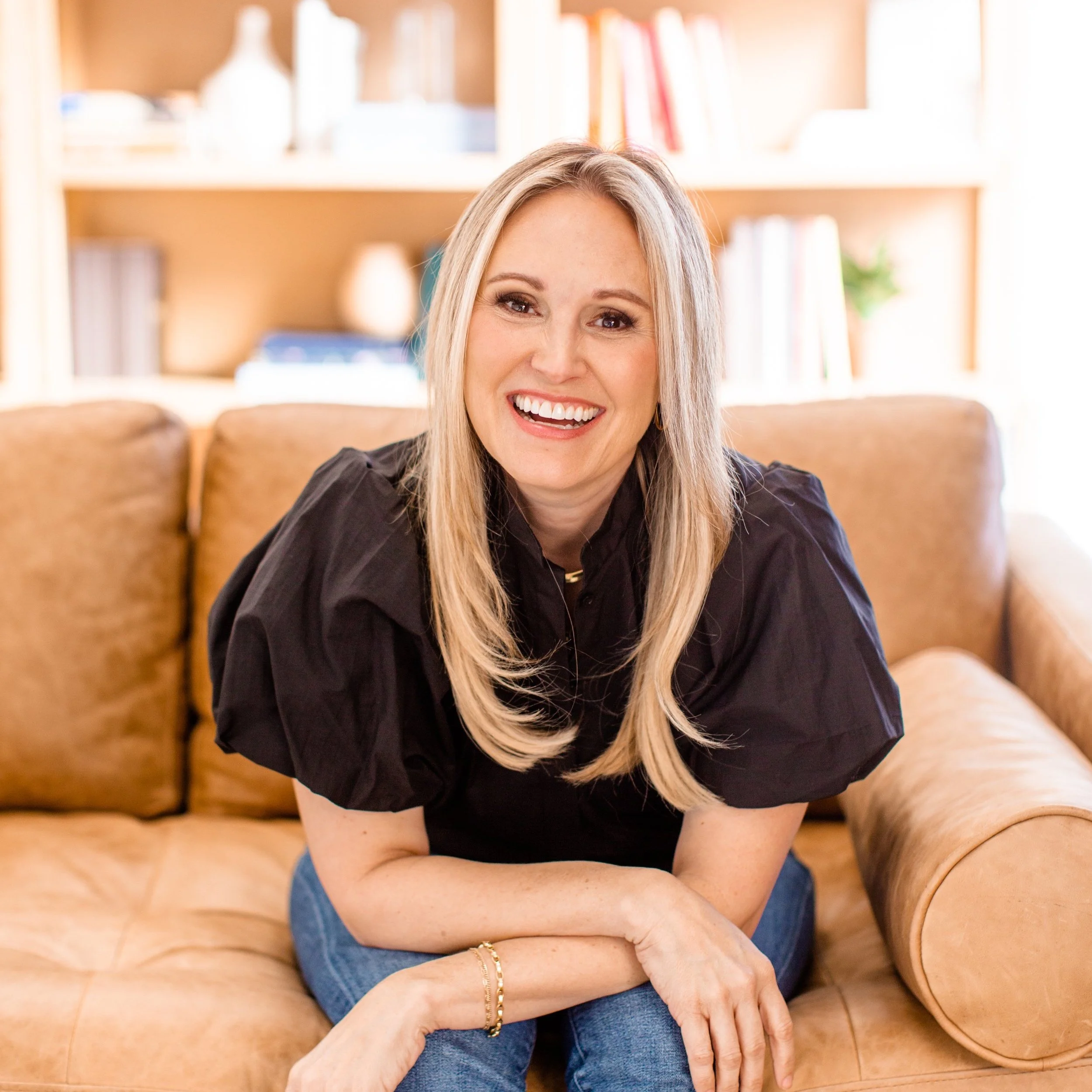How to Have Healthy Relationshipswith Dr. Alison Cook
Dr. Alison Cook is a brilliant author and psychologist who has been instrumental in even training other counselors. She has helped many of us see what it looks like to identify the different parts of ourselves and go forward without fear and anxiety.
In this third and final part of our chats with Dr Cook, we discuss the intricacies of identity and healthy relationships. This is the edited interview:
Firstly, how would you define codependency, and why is it an issue?
Dr. Alison: Codependency is when we're so focused on someone else that we're bypassing the work of our healing as a result of wounds. Instead of healing our wounds, we find someone else to fix, focus on, please, and perform for. And that becomes our identity.
Many of us feel like it's a good Christian thing to do, but God wants more for us. God wants to heal you AND everyone around you. And the best gift you have to give in your relationships is your own healing.
When we bypass ourselves to focus on someone else, we fall into enabling. And so, we end up potentially not helping them. So, codependency is not good for anyone in the relationship. We do it across the board, and we're not becoming our true selves in Christ. This true self that Jesus talks about is where we become the full person that God wants us to become. This allows us to enter into relationships as whole people so we can negotiate a beautiful way forward.
Codependency breeds resentment, exhaustion, and burnout.
We start to resent the very people we're trying to save, serve, and fix. We find ourselves stuck and feeling alone because we are in a lot of relationships, but nobody really knows who we are.
So, what do we do?
Dr. Alison: This is where we get curious and start to notice. We have to pay attention to the tender parts of our souls. We become resentful of other people when we don’t face our own needs. So, ask yourself, “What do I need? What do I want?”
We have to know our needs, wants, and convictions. And then, we must know how we proceed. We have to get back to the root of who we are, and it starts with asking these simple questions. Only then can we begin to enter healthy relationships. The goal is not to become selfish but to become more whole.
Talk about the three different ways we can view ourselves.
Dr. Alison: I talk about selfhood, and I differentiate it from selfishness. Selfishness is about only focusing on yourself, and that's not what God wants for us. Selflessness means it's never about you, and that is not healthy. That is a recipe for codependency, and it's not the example we see in Jesus. Jesus had a strong sense of Himself.
Selfhood is this sense of community. It's about you AND the people around you. It's about what we all need. This means we can find common ground together through conversation. We get to learn about each other, and that's how we start to develop authentic relationships.
What do you do when it feels like every relationship you've had is somewhat broken?
Dr. Alison: It takes very small steps.
However, this is hard to do in long-term relationships because you've trained people to treat you in a certain way. And so, it will be hard for people to change how they see you. So, take small, brave steps.
Start voicing your needs, even in a seemingly insignificant situation. That might be the bravest thing you've ever done because you always default to everybody else. It's a muscle that you start to build. This will also help you find out if your friends are really your people.
You start by inserting your voice in very small ways. If you're used to pleasing everybody, you may find it difficult to say “no, thank you” to something as small as a cookie you’re not craving.
Why is this important? What are the repercussions if we don't learn to prioritize ourselves?
Dr. Alison: We wind up in relationships we don't want. We wind up letting everybody around us tell us who to be and what we want. It might start small, but you wind up in a life you don't really want. We start looking around and thinking we should want something because everybody’s doing it.
Self-inquiry keeps us true to ourselves. If we believe God made us in His image, then staying true to that God-given self is the best gift we have to give other people and to God. If we don't do it, we're going to wind up in relationships where we're resentful and constantly feel inadequate.
I have to do self-inquiry in my own life. I check in with myself to see what I want, what God is calling me to do, and what I want to put into the world. I do this self-inquiry because it is easy to get on a hamster wheel of what everybody else thinks I should be doing.
Scripture says each of us plays different parts, and we're all made uniquely. So, there should be a lot of differences in our lives. We should find ways to do things that play out uniquely in our lives. Do you agree with that?
Dr. Alison: 100%! We are all autonomous and independent. We stand before God and in community. You can spend time comparing yourself to others and judging your capabilities based on THEIR strengths, or you can spend time on what you’re good at and what you enjoy. In so doing, we become more of the Body of Christ because we appreciate more instead of envying.
That, to me, is selfhood. It is the work of getting curious and not shaming yourself when you notice a comparison. Instead of shaming yourself, you try to figure out what you want and how God designed you. This allows you to discover how you become the best of yourself. That's where there's freedom and delight in yourself, God, and other people. It's not easy, but it does happen.
One thing that helps with codependency is boundaries. I think we tend to throw up boundaries too quickly and write off imperfect people. What would a healthy relationship with boundaries look like?
Dr. Alison: I think boundaries can be weaponized. We can use boundaries to punish and avoid. Boundaries can be very misused because if we're not doing deep work internally first, we're setting boundaries in all the wrong ways.
Boundaries are not about other people at all. They come out of knowing who you are before God. They come from knowing your talents, blind spots, and areas of woundedness. When you have areas of woundedness, then you need to set guardrails in your life. Those guardrails are about protecting the beautiful soul that you want to become. They’re very rarely about anybody else.
When you know your areas of woundedness, you put a guardrail on to keep yourself healthy.
It’s not to punish or discard the other person. Boundaries actually start with “Yes.” They’re about what you’re saying “yes” to and what God is calling you to. Then, they become guardrails so that you stay healthy.
This is very different from ghosting somebody and avoiding a courageous conversation. We have to use a lot of dexterity and skill in how we set our boundaries. And they have to flow from our convictions. Then we know where we're going and where God's calling us. Unfortunately, that means there'll be some things that fall off of that path.
I've walked through this with several friends who had to set boundaries, and they felt guilty the whole time. What would you say to someone who feels guilty?
Dr. Alison: Sometimes guilt doesn't mean we've done something wrong. We can feel guilty after we've done something healthy, brave, and right. We feel guilty because we taught ourselves to please the toxic person who has hurt us. We feel guilty when we change all of a sudden and disappoint people. But we're not called to make everybody else happy.
We're called to stay mentally, emotionally, spiritually, and physically healthy.
We’re called to stay the course with the relationships that God has called us to. So, guilt is not necessarily a direct line from God. It can mean we've done something really brave, and it's a new muscle that we've got to develop and train.
When you feel guilty, remind yourself that it’s a part of you. Then do a self-introspection to see if you did something wrong. If you notice that you did nothing wrong, then try to get some space and retrain yourself on what health is.
This is just one part of the amazing series we did with Alison. You can listen to the full episode here. You can find her book ‘The Best of You’ in all book retailers.



